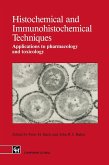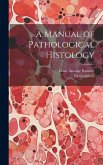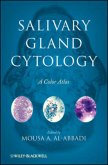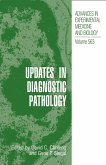possibly neoplastic, some not. In essence, the Often enough, in diagnosing cancer the last word rests with the pathologist and his or her micro- book is concerned with interpretation of the scope. Often enough, too, the pathologist is borderline or histologically equivocal case and thought to dispense absolute truth: he does his the clinical implications thereof. It is based on best, but the truth he dispenses is not absolute. so me 390 examples of which most are individu- Rather, with a greater or lesser degree of con- ally described in brief. No useful purpose is fidence, he is making aprediction or expressing served by giving in detail the clinical and patho- a prob ability of a certain kind of biological logical circumstances of every patient with, say, behaviour, and the degree of confidence with a dubious lesion of endometrium or larynx, or which he operates is based on experience. This with a similarly borderline papilloma in bladder experience is, in turn, based on the recollection or rectum, for each of these lesions exemplifies of earlier events, counsel from his mentors, from a familiar and 'standard' problem. Problems of his studies, and from discussions with colleagues. this kind will be examined as such but not the It would be going too far to agree with those details of every patient who posed them.
Hinweis: Dieser Artikel kann nur an eine deutsche Lieferadresse ausgeliefert werden.
Hinweis: Dieser Artikel kann nur an eine deutsche Lieferadresse ausgeliefert werden.








